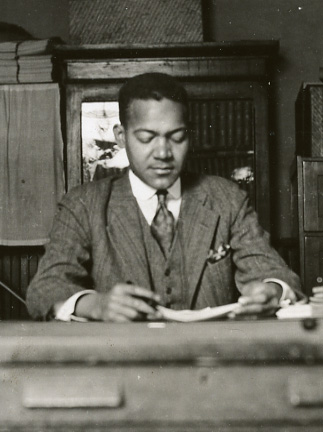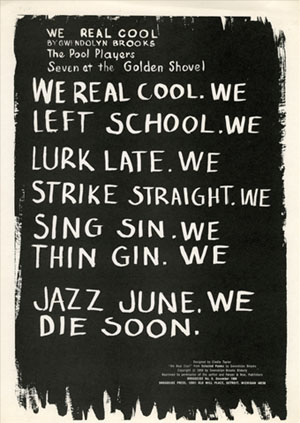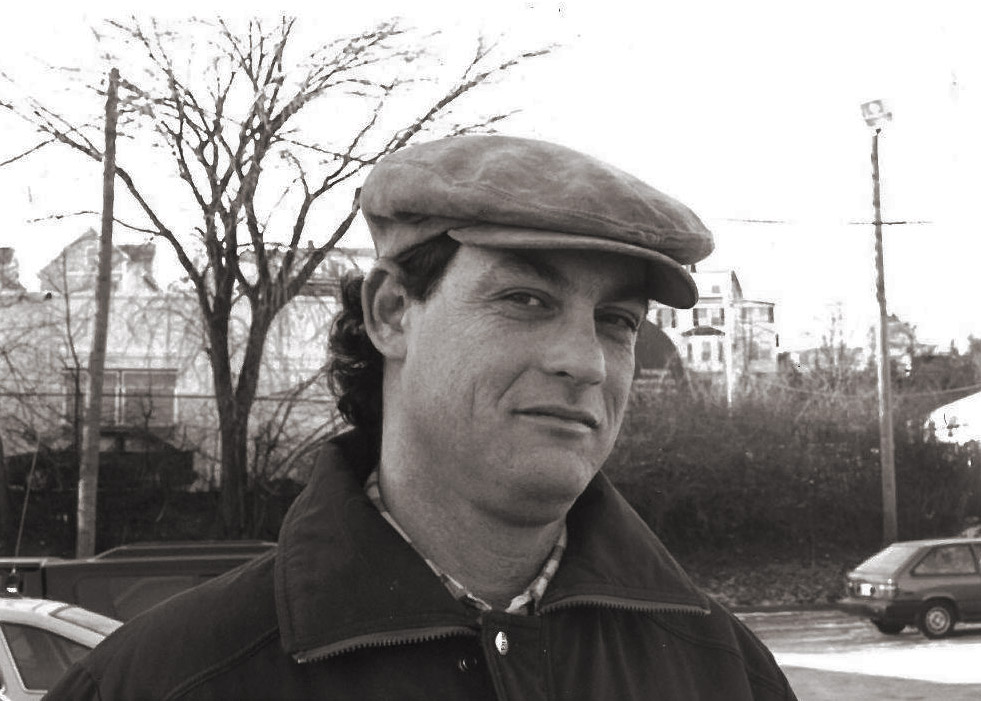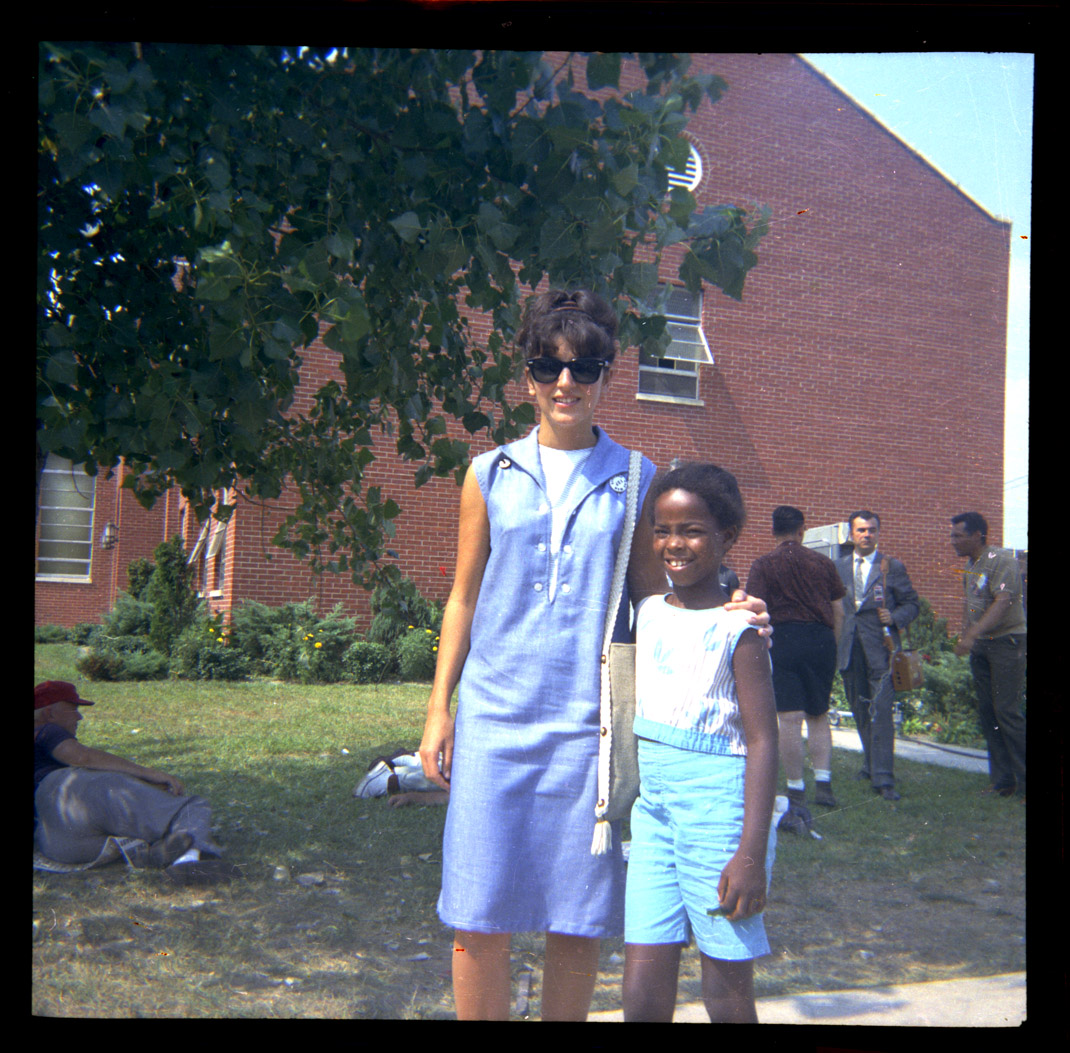Elizabeth Blum Papers
Named for Elizabeth Gurley Flynn, the “Rebel Girl,” Elizabeth “Liz” Blum has worked to live up to her name through public activism, organizing, and community service in the civil rights, anti-war, women’s, anti-apartheid, co-op, and other movements. After graduating from Bennington College in 1964, Blum went south as a part of the Mississippi Freedom Vote, going door to door in northwestern Mississippi until her house in Tupelo was firebombed, forcing her to relocate to Columbus for the remainder of the registration drive. She continued her work and connections with the Student Non-Violent Coordinating Committee (SNCC) and Students for a Democratic Society (SDS) in New Haven as a worker for the Freedom School and the Economic Research and Action Program, and additionally lived in New York City and San Francisco before returning to Vermont in 1967 to live in a commune and teach French at Castleton University. There Blum organized an SDS chapter and women’s group before moving to Cambridge, Mass., joining the Boston Women’s Health Collective and helping to edit Our Bodies, Ourselves. A retired Occupational Therapist, Blum is currently county chair of the Vermont Progressive Party, serves on the Board of the Hanover Co-op Food Stores where she heads the Diversity, Equity and Inclusion Committee, and continues her diverse advocacy work through personal and community action.
Small in size, but generous in topic and form, the Blum Papers consist of correspondence and two newsletter portions with commentary on numerous events and activist groups during the first half of the 1960s. Personal experiences and reflections on national politics and trends, student and community organizing, and the anti-Vietnam War and civil rights movements, reveal how individuals negotiated and prioritized their thoughts and actions during such turbulent times. Correspondents include Henry M. Aronson, Ike Coleman, Vernon Grizzard, and Mike Miller, and updates from and to Blum are mostly from Mississippi, but also San Francisco, Cambridge, New Haven, and Selma.






